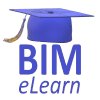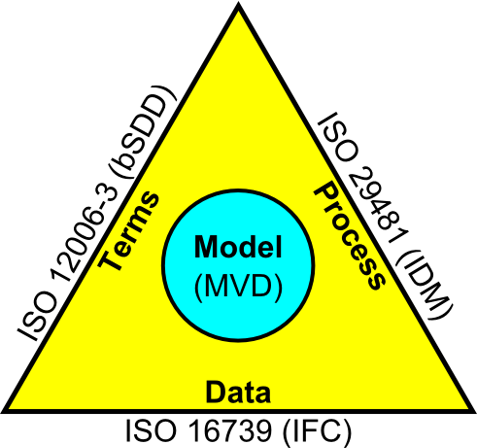Developed by world leading experts in BIM as Building Information Management involved in both the development of the UK and International learning outcomes frameworks, the courses are intended not just to provide a page turner on the ISO 19650 standards themselves, but practical knowledge of the information management framework to improve your project delivery.
The ISO 19650 Principles of Building Information Management course is the second step towards understanding the BIM requirements as identified in the international standard ISO 19650. This course provides a general overview of Building Information Management, the needs and benefits as well as providing an overview of the key terminology and concepts. It then introduces the key concepts which are developed further in the second Delivering Information Management course.
This course steps you through the first half of the ISO 19650 Activities and explains the associated processes, requirements parties and obligations to facilitate collaborative working using building information modelling (BIM) prior to the commencement of work.
The course is divided into 5 Lessons:
Lesson 1 Life cycle activities: introduce the activities and the asset life cycle approach that generated the information management proposals
Lesson 2 Assessment & need. This Lesson identifies the role of the Employer in defining their information requirements
Lesson 3 Invitation to Tender. This Lesson looks at how the Client need to define their information requirements
Lesson 4 Tender response. This Lesson looks at the development of the draft implementation plan and other requirements of the tender response
Lesson 5 Appointment.
This
Lesson looks at the development of the implementation plan as a proposal for
collaborative working
This course steps you through the ISO 19650 Mobilization, Production and Close out activities, explaining the parties and obligations to facilitate collaborative working.

The Components of the Common Data Environment course explains the basic principles of the Common Data Environment identified as a requirement for information Management in ISO 19650. Based on the concept developed under the AVANTI process and first incorporated into British Standard 1192:2007 the principles of the concept of the CDE have been proven to reduce waste and facilitate the reduction in waste and effort in finding information as well as facilitating trust in the information available.
In the 2006 Avanti Standards, Methods and Procedure the following quote was provide:
"To change or ‘simplify’ any element of the procedure – without an understanding of the impact of that change – puts the improvements at risk, and at best will only maintain the ‘status quo’.”
The CDE is now an integral part of the ISO 19650 process. However many of the simplifications applied have lost that original understanding, The aim of this course is to rectify this understanding to facilitate the improvements necessary to improve the way information is delivered.The course is broken down into four lesson, which are:
Information Environments
This lesson provides an overview of the functional sections of the Common Data Environment as well as the identified gateways;
This lessons explains the principles of the expanded Common Data Environment process;
This lessons explains the implementation requirements of both nomenclature and metadata; and
This lesson provides an overview of the functional requirements of the Common Data Environment.
Principles of BIM final course assessment.
25 Questions to be completed in a 45 minute period.
Please do not take this course unless you have completed all 7 number modules of the Principles of BIM training Course


